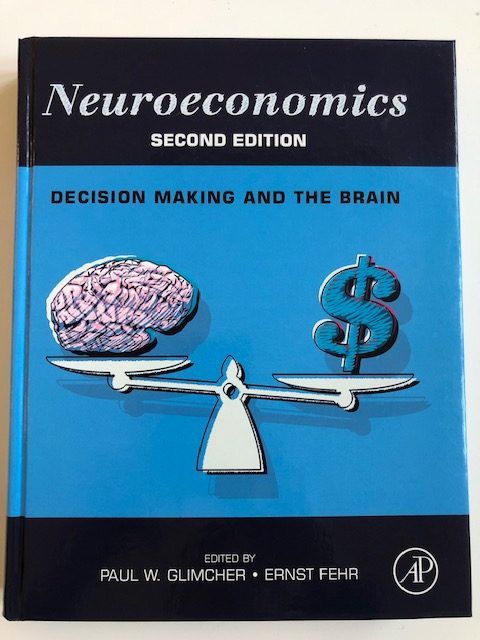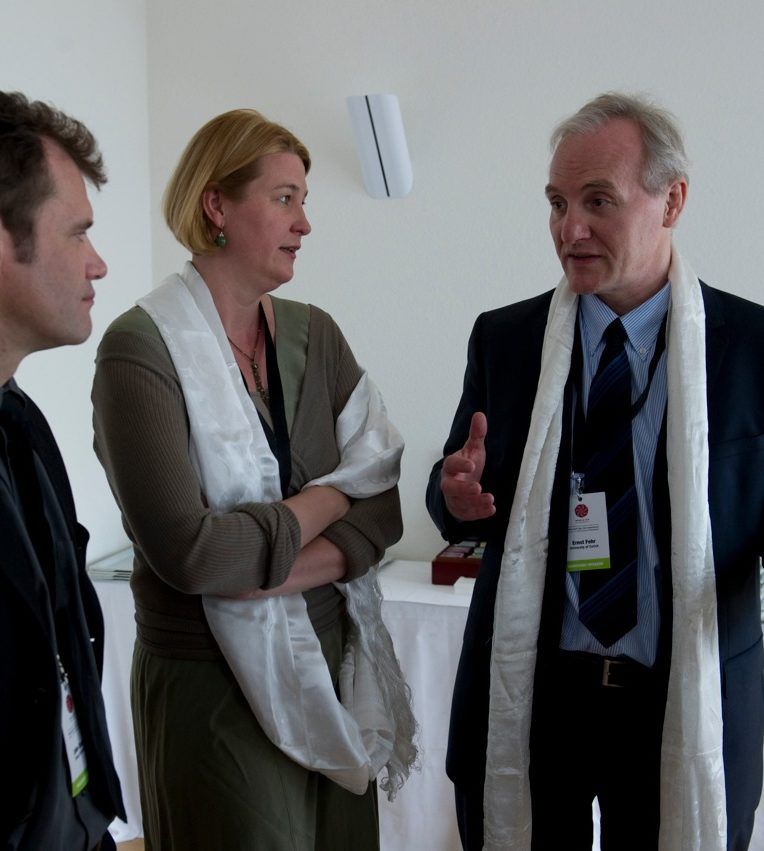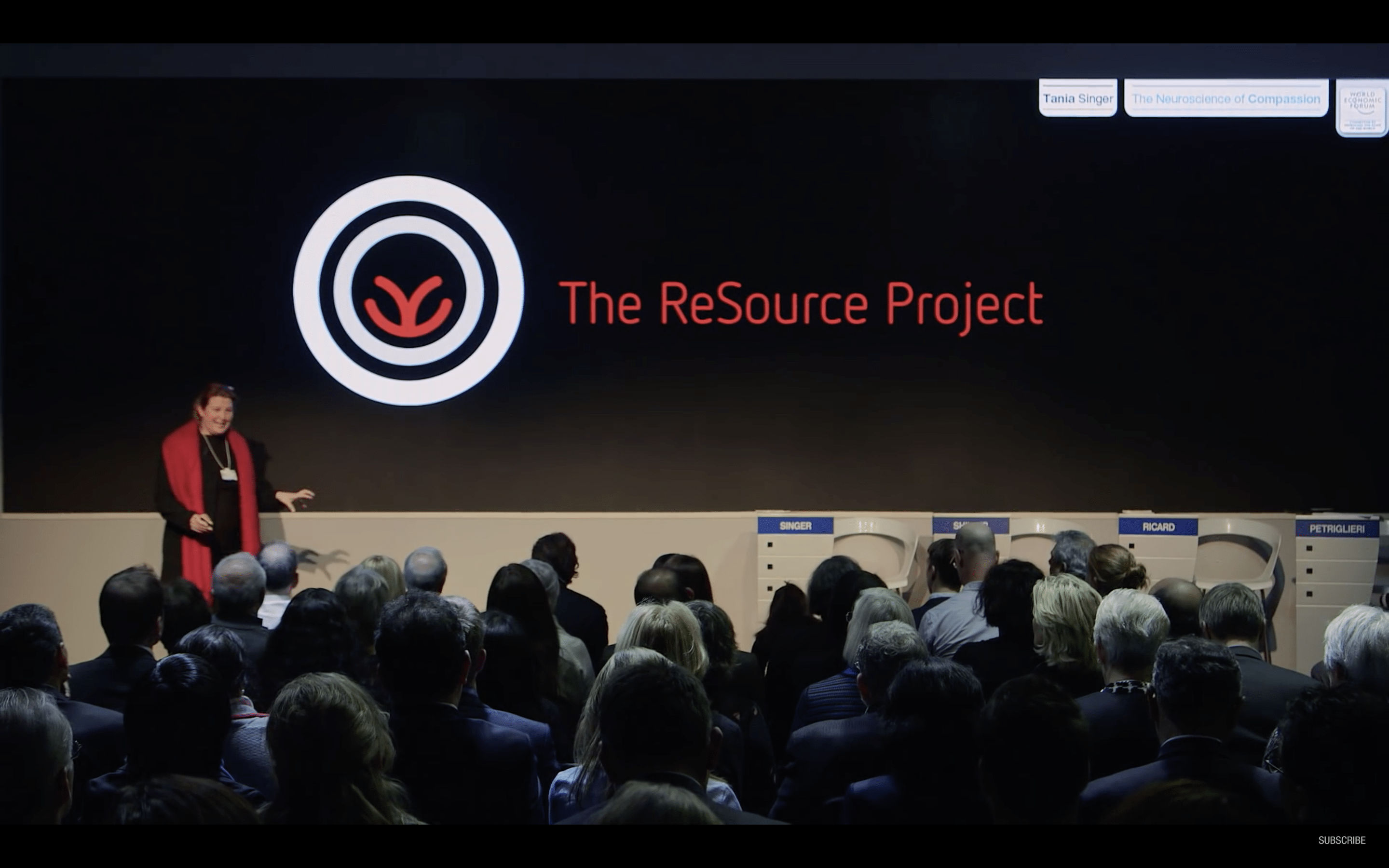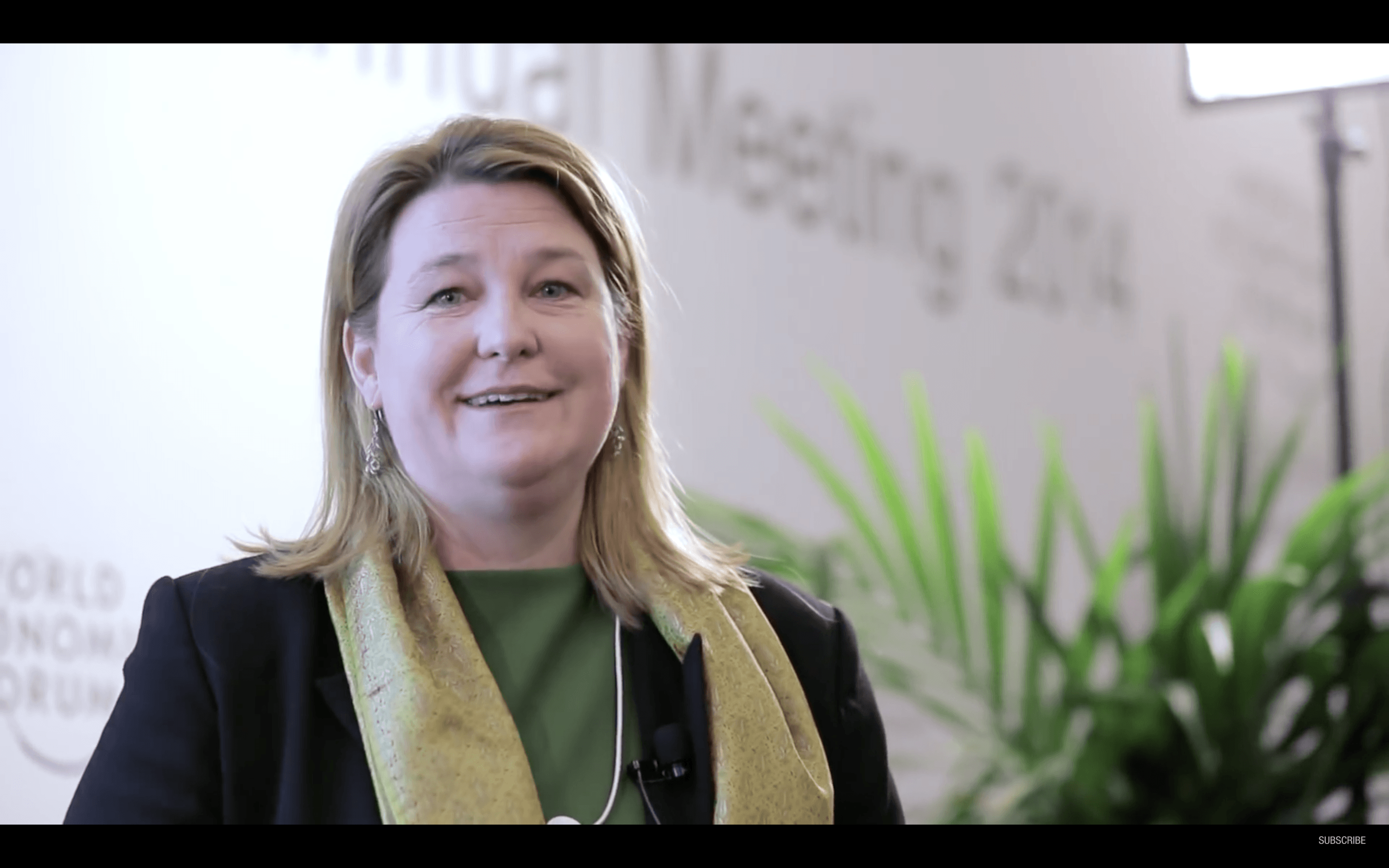BRIDGING NEUROSCIENCE and PSYCHOLOGY WITH ECONOMICS
Economics
During her time in London, Tania Singer started to work together with economists to better understand human social interaction and cooperation. During her time as Professor in Zürich, she then held the first neuroeconomics chair in Europe, and later, together with the macroeconomist Dennis Snower, she created a research project on Caring Economics, exploring how psychology and neuroscience can replace old notions of “homo economicus” and inform new economic models.

“Man naturally desires, not only to be loved, but to be lovely.”
Adam Smith, The Theory of Moral Sentiments.

Professor at the Faculty of Economics in Zürich
Creating a New Field of Study: Neuroeconomics
From 2006 to 2010 Tania worked in Switzerland at the University in Zürich. There she created an interdisciplinary centre together with behavioral economists, neuroscientists and psychologists. It was around that time that a new field of study emerged, the field of Neuroeconomics.
The following questions were at the heart of this interdisciplinary research program: What are the conditions that foster human cooperation? When does cooperation break down? What promotes human pro-social behaviour and altruism? What are the neuronal mechanisms for economic decision-making and social interactions? Which role do human motivation and emotions play in decision-making?
In 2006 Tania Singer joined the interdisciplinary research group “Foundations of Human Sociality” initiated by the behavioural Economist Ernst Fehr in Zürich, Switzerland. From 2006 to 2008, she was Assistant Professor of Social Neuroscience and Neuroeconomics at the University of Zurich, in 2007 she founded and was Co-Director of the Laboratory for Social and Neural Systems Research, and from 2008 onwards she held the inaugural Chair of Social Neuroscience and Neuroeconomics at the University of Zürich. This chair was the first Professorship for Neuroeconomics in Europe and was officially embedded in the faculty of economics of the University of Zürich. In this context, Tania also gave the first lectures about the neural foundations of economic decision-making to economics students, who very much appreciated hearing about such new insights from another discipline.
The aim of this multidisciplinary research group was to gain a deeper understanding of the conditions of human sociality and cooperation.
To allow for an empirical investigation of the causes underlying social and economic decision-making, Tania and her colleagues combined methods from neuroscience, psychology and behavioural economics, and used game theoretical research paradigms developed in micro-economics. These experimental set-ups involve several players exchanging money during games. The advantage of these monetary social interaction games is that they can also be implemented in brain scanners to study the neuronal basis of cooperation and human pro-sociality.

The Dalai Lama in the Banking City of Zurich, 2010
Bringing Altruism & Compassion into Economics
Inspired by the cooperation with economists such as Ernst Fehr (see picture on the left) in Zürich, Tania co-organised together with the Buddhist monk Matthieu Ricard a Mind and Life conference on the question of how altruism and compassion could be integrated into economic theory. This three-day dialogue with His Holiness the Dalai Lama along with scientists from diverse backgrounds, economists and social activists is captured in the book “caring economics” that appeared in 2014.
On the contemplative science page you can read more about this conference and the Mind and Life Institute in general.

How Psychology and Neuroscience inform new Economic Models
Caring Economics
Since 2013, Tania Singer has been working together with macroeconomist Dennis Snower, former president of the Kiel Institute for the World Economy and now Professor at the Hertie School of Governance in Berlin, on a project they call “Caring Economics”. The project was supported by a grant from the Institute of New Economic Thinking from 2013 until 2017.
The aim of their common research program is to study how psychological and neuroscientific knowledge about human motivation, emotions and social cognition can inform models of economic decision-making in addressing global economic problems. Thus, the potential for motivated pro-sociality has important implications for generating the human cooperation required to address global problems such as climate change, financial crises and extreme poverty and inequality and highly relevant to policy-making. The program aims at creating a new generation of economic models that explore the opportunities for more cooperative, pro-social and sustainable economic behaviours and to provide a vision of a “caring economics”.

Talks at the World Economic Forum and Global Economic Symposium
Neuroscience meets Economics
On many occasions during the past decades, Tania has actively participated many times in large-scale economic meetings such as the World Economic Forum in Davos, the Global Economic Symposium, or the OECD meetings in Paris.
Her topics in these talks range from classical neuroeconomic, behavioural economic and caring economic topics to the role of social emotions and cognition in which decision-making and the conditions for cooperation emerges or breaks down.



